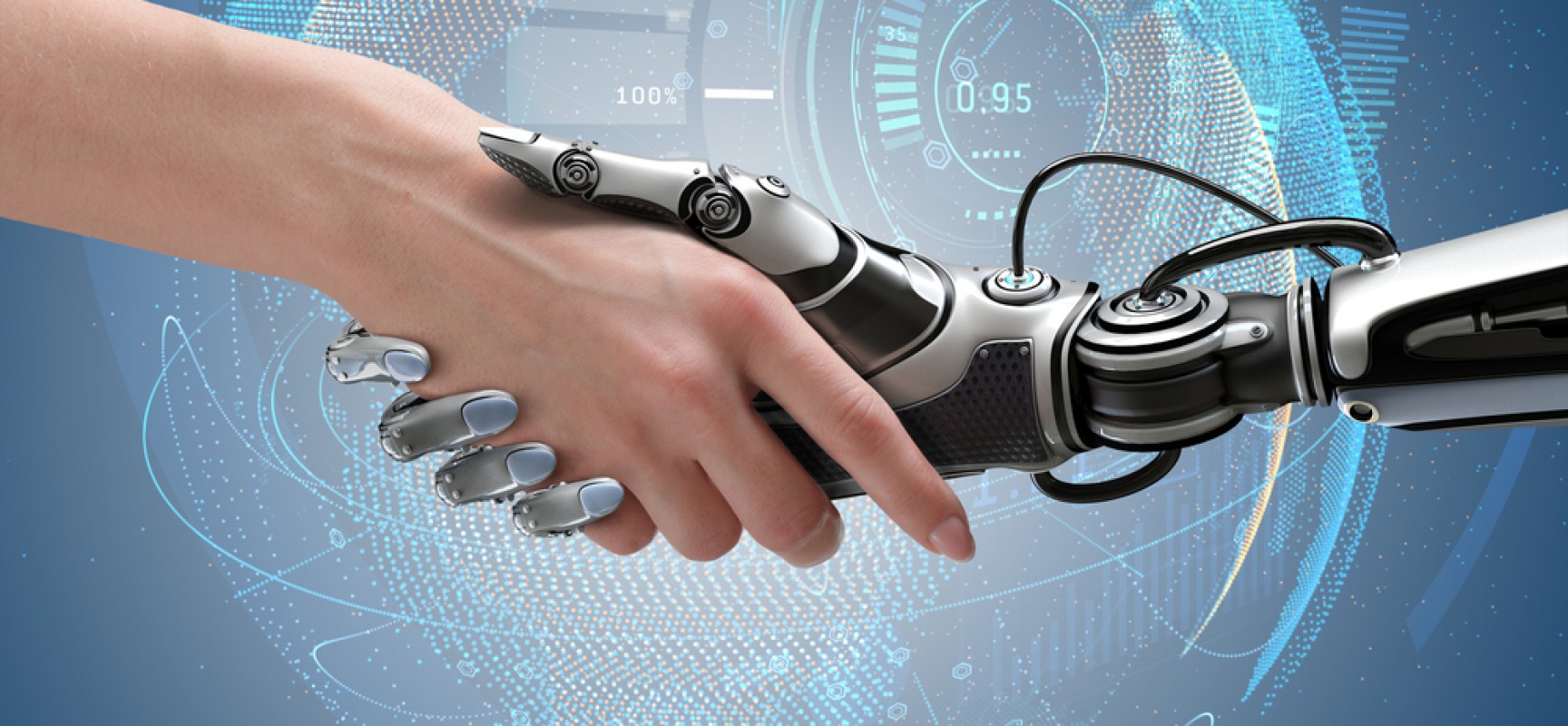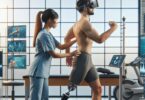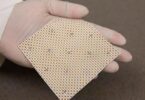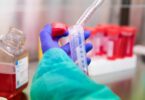Medicine is one of the fields that more and better is benefiting from artificial intelligence (AI). From speeding up the slow and expensive development of new drugs to analyzing the genome of a patient, the applications that are already underway are numerous. But AI is emerging, above all, as a tool capable of rapidly learning and analyzing huge amounts of information from patient records, imaging tests and scientific advances to help doctors offer better diagnoses and treatments. .
Currently, they develop algorithms to analyze and interpret images, and they work on machine learning to extract useful clinical information from medical images. Thus, AI is applied to better understand the development of the brain, improve the diagnosis of patients with dementia, who have suffered a stroke or brain damage, or perform diagnostics in people with cardiovascular diseases.
Imperial College engineers work closely with doctors at St. Thomas Hospital in London to take AI to their patients. For example, the iFind project focuses on the intelligent diagnosis of fetal images and one of its main applications is to help detect malformations in the fetus.
These and other innovations are now possible in Pharmamedic.









